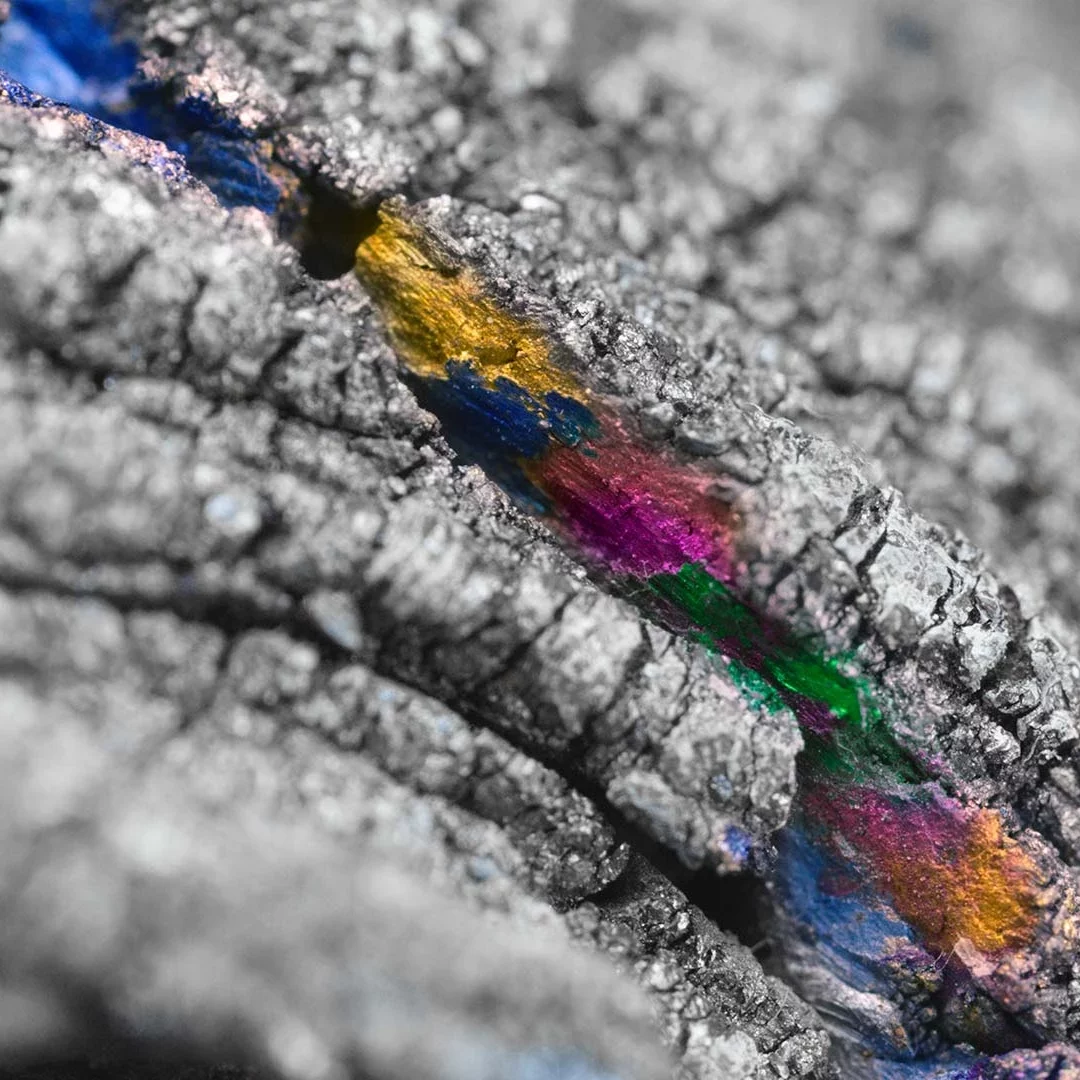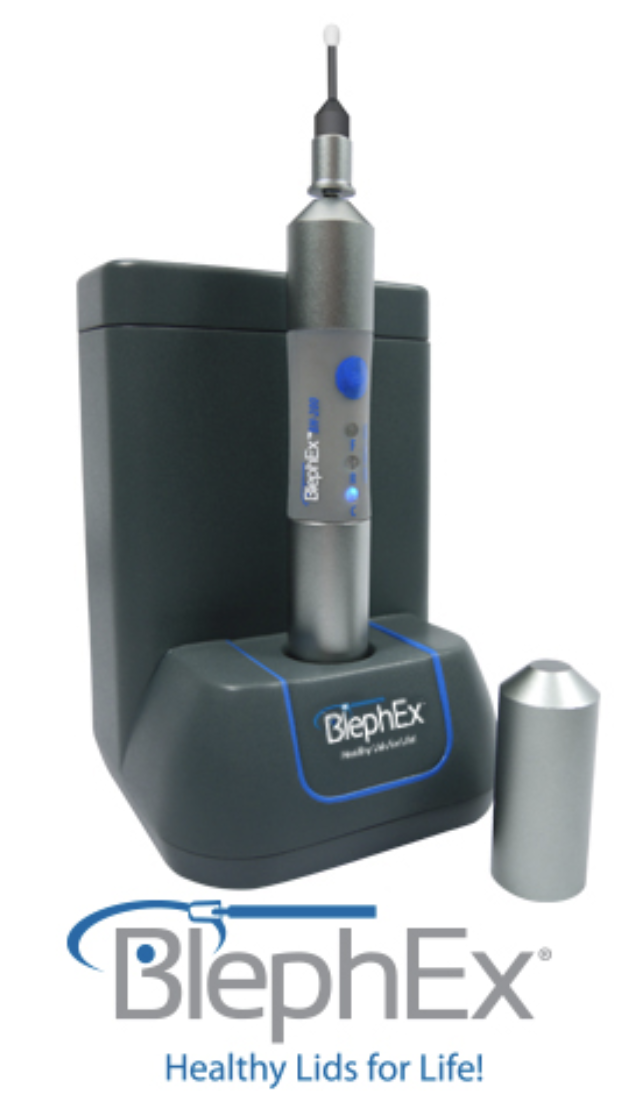Dry Eyes
What is dry eye and how is it treated?
Dry eye is a condition that is often a chronic, long-term problem for people. Having chronically dry eyes is not only uncomfortable but can lead to increased infection rates, damage to the eye, and problems with daily activities like reading.
The National Eye Institute estimates that Dry Eye Disease affects 340 million people worldwide.
Treatments for dry eye are effective and numerous, but which treatment works for you will depend on why your eyes are dry.
What causes dry eye?
A healthy eye is protected from irritation and debris by a tear film. The tear film has three layers: fat, liquid and mucus, each supplied by a different source.
An unhealthy tear film or an imbalance in any of the layers can cause inadequate tear production or increased tear evaporation, putting the eye surface at risk of irritation and infection.
Symptoms
Thanks to its naming, most people know if they have chronic dry eye. Their eyes feel dry.
One lesser-known symptom of dry eye, however, is excessively watery eyes. This overproduction of tears can happen because low-quality tears aren’t able to do their job as well. Some medical conditions and medications can cause and exacerbate dry eyes.
With dry eye, you may also experience:
- Eye redness
- An itchiness or a foreign body sensation
- Discomfort with contact lenses
- Difficulty seeing when driving at night
- Blurry vision
- Eye fatigue

Treatments
Whichever symptom or combination of symptoms you experience, it’s necessary to get an eye exam.
With a careful, comprehensive eye exam your optometrist can determine whether you have dry eye, what’s causing it, and the best treatment for you. An optometrist can prescribe treatments to increase your comfort and improve your vision, such as:
- Adding artificial tears to compensate for low tear production
- Procedures to block excess tears (permanently or temporarily) and allow tears to stay on the surface of the eye longer
- Additional treatments, like eye drops or a hot compress to address persistent inflammation which may be causing dry eye
BlephEx Eyelid Treatment
Your eyelids can also be a cause of dry eyes. Over time, debris can build up on the eyelid producing biofilm which can impair tear production and block important oil glands that keep your eye properly lubricated. This allows bacteria and Demodex mites to thrive, causing dry eyes or other visual complications.
A Blephex treatment removes the debris and bacteria from the eyelids, unblocking the oil glands so your eyelids can function properly and more comfortably.
Dr. Thai’s patients report only a slight “tickle” during the short, 6-8 minute process. A numbing eye drop is used to maximise comfort.
After the Blephex procedure, your eyes will feel much cleaner and vision may improve. If you wear contact lenses you may notice increased comfort for more of the day. Dr. Thai will recommend the best way to care for your eyelids and keep them clear for as long as possible. This may include using eye drops, cleansing wipes, heat therapy or omega oils. A Blephex treatment is usually needed once or twice a year.
As with all healthcare, the earlier you start treatment, the better. Ask Dr. Thai about getting your eyelids cleaned at your next appointment.

Tips for Prevention
The American Optometric Association provides the following tips for daily prevention of dry eyes:
- Wear sunglasses outdoors. Sunglasses help reduce strain as your eyes don’t have to accommodate for too much light, and larger versions add extra protection from wind and dust.
- Drink plenty of water to avoid dehydration and ask your doctor about the potential benefit of an essential fatty acid supplement. One of the three layers of the tear film is oil, which is composed of fatty acids.
- Avoid Computer Vision Syndrome by taking breaks from screen time while working on the computer. Blinking regularly and looking at something farther away than your screen can help reduce strain on your eyes and re-lubricate them.

Why should I get an exam if I just have dry eyes?
Besides the availability of treatment options, dry eyes may be a symptom of an underlying disease or condition. Schedule an appointment with our Hong Kong optometrist to find out what’s causing your dry eyes and if actually a clue to something else.
According to the Mayo Clinic, dry eyes can be a symptom of meibomian gland dysfunction, rheumatoid arthritis, lupus, thyroid disorders, or vitamin deficiencies.

